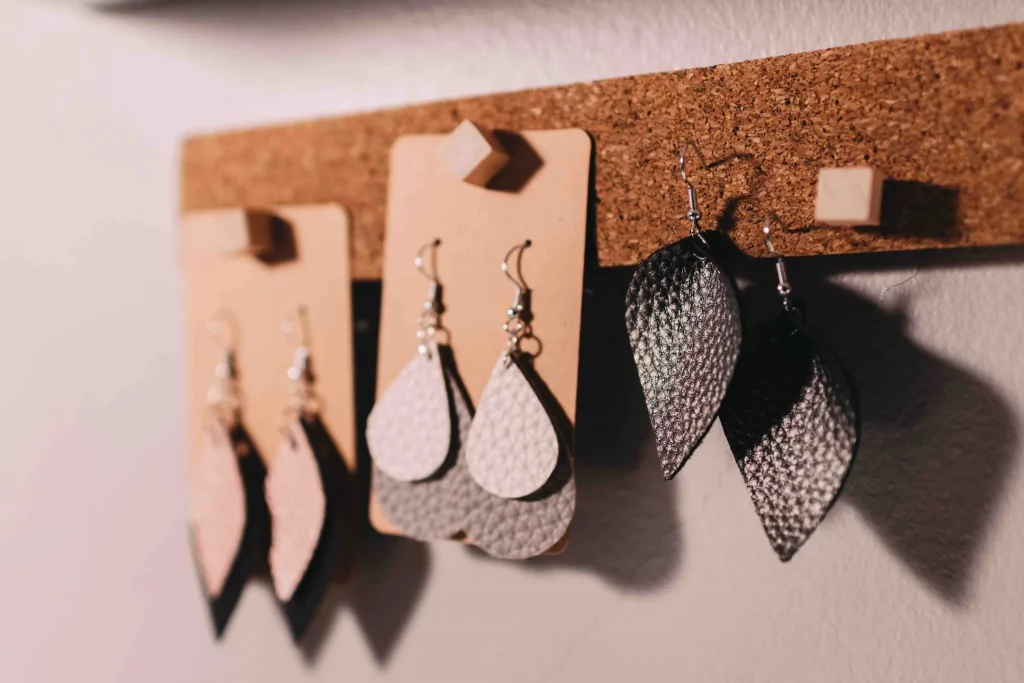Thousands of Etsy sellers recently shut up shop to protest against a rise in fees made by the online marketplace for independent artists, vintage sellers and craftspeople.
On April 11th, thousands of Etsy shops began suspending sales for over a week, and activists asked customers to follow suit, with 84,000+ signatures supporting the campaign.
The move is a response to Etsy, which hosts more than 5.3m businesses, as they’ve chosen to increase the fees it charges sellers from 5% to 6.5% – a 30% increase.
The new charges will apply to items sold on the site, including shipping costs, with Etsy taking a cut of every sale. Sellers who use Etsy Payments – the company’s in-house payment system – will also be charged an extra 3% fee.
The increases come as the US company faces criticism.
Etsy soared during the COVID-19 pandemic, with demand spiking for convenient last-mile delivery.
However, since lockdowns have ended, demand seems to have cooled. Shares have fallen 65.6% from its all-time high in November 2021, as Etsy’s valuation is adjusted for weaker revenue and tightening margins.
The Etsy Group has 4 marketplaces:
- Etsy
- Depop (Clothing e-commerce company based in the UK)
- Reverb (Marketplace for new, used, and vintage music gear)
- Elo7 (Brazilian version of Etsy).
According to The Guardian, Etsy (disappointingly) dropped its B-corp certification – a US legal designation under which companies undertake to maintain certain standards relating to employee benefits, charitable giving, and supply chain practices – in 2017 and went on to report record profits in 2020 and 2021.
We are proud to be able to offer a service that helps small businesses, whichever selling platform they are on, compete in the online marketplace.
If you’re an Etsy seller, how has this impacted your business? Leave us a comment below and if we can help, please let us know.
Photo by Kelly Sikkema on Unsplash

